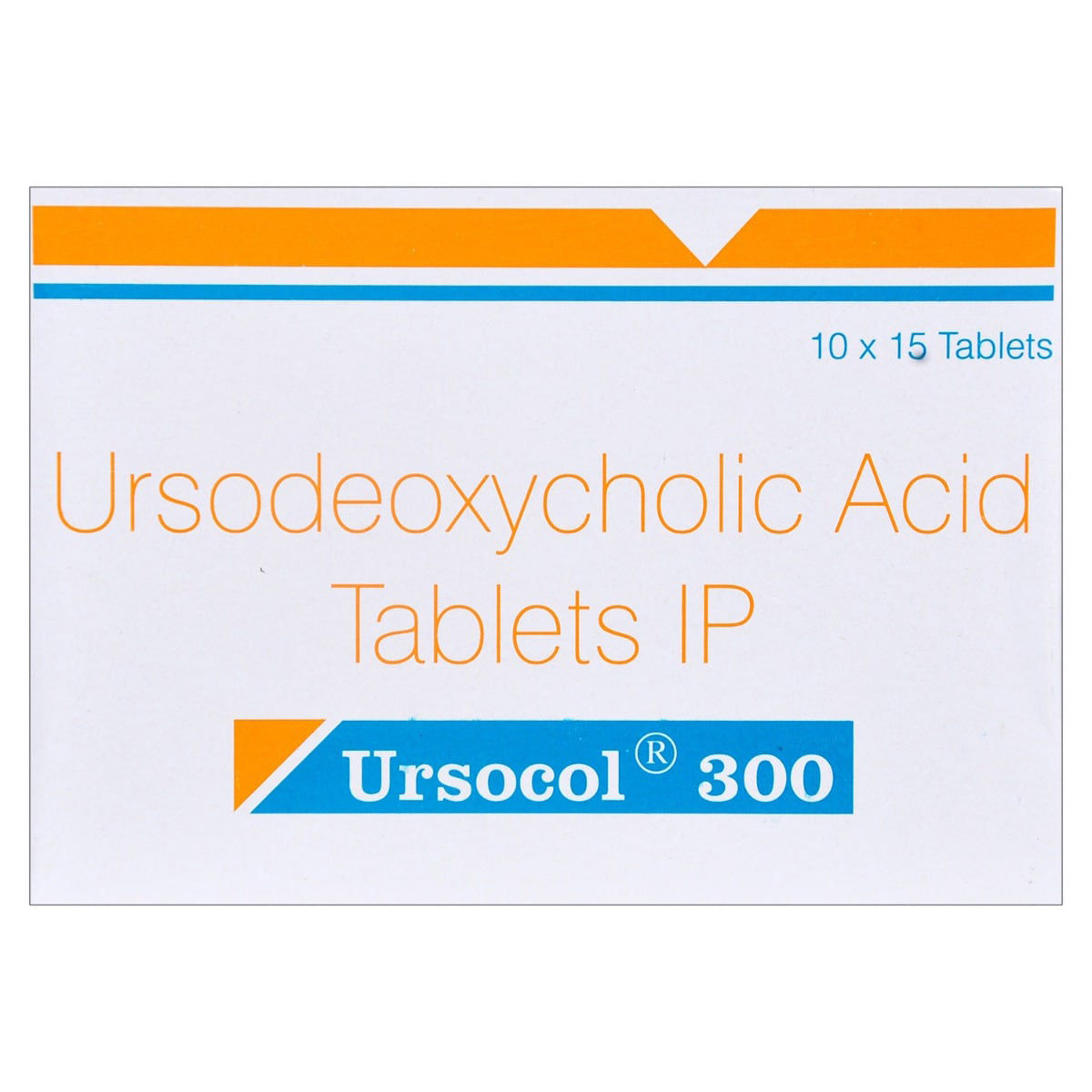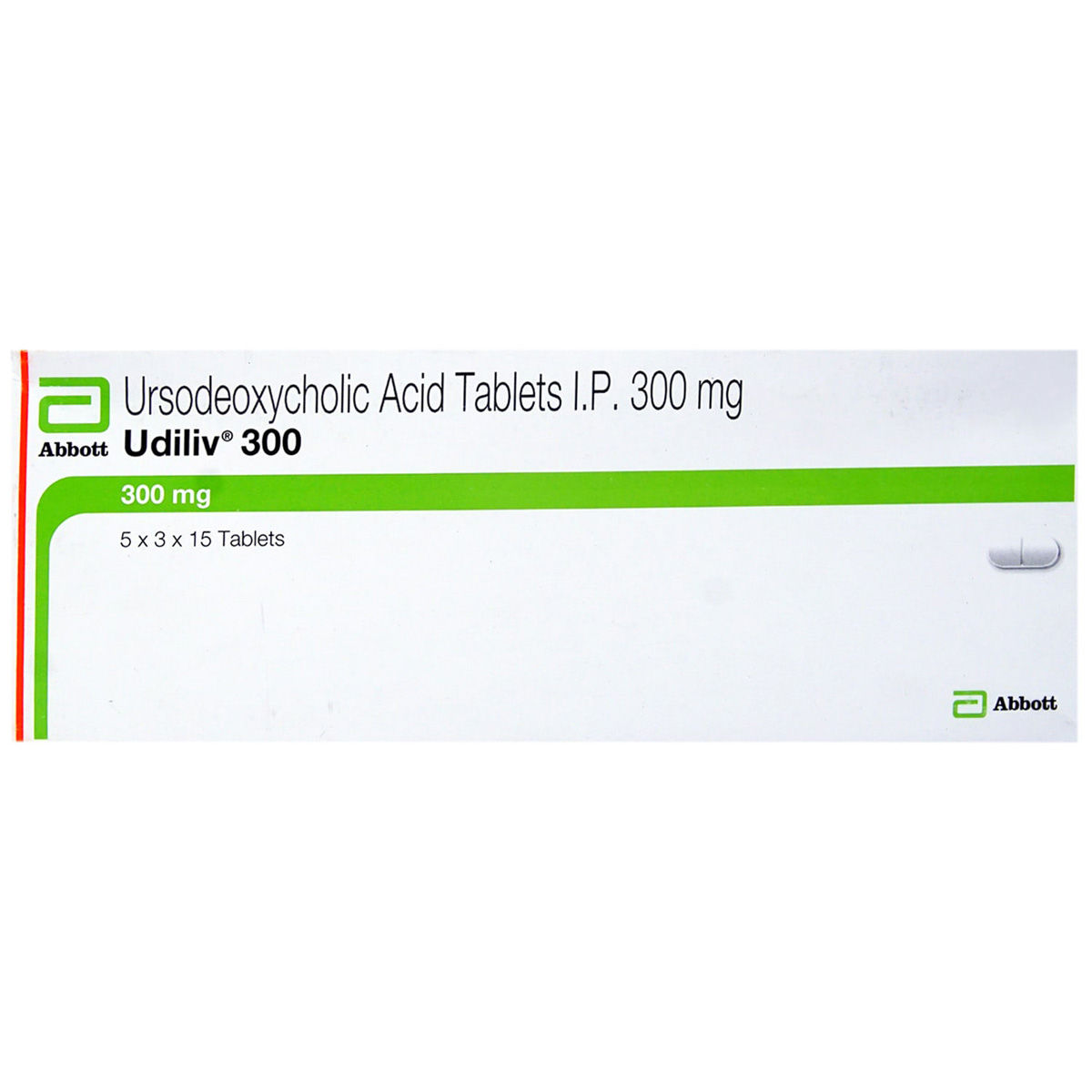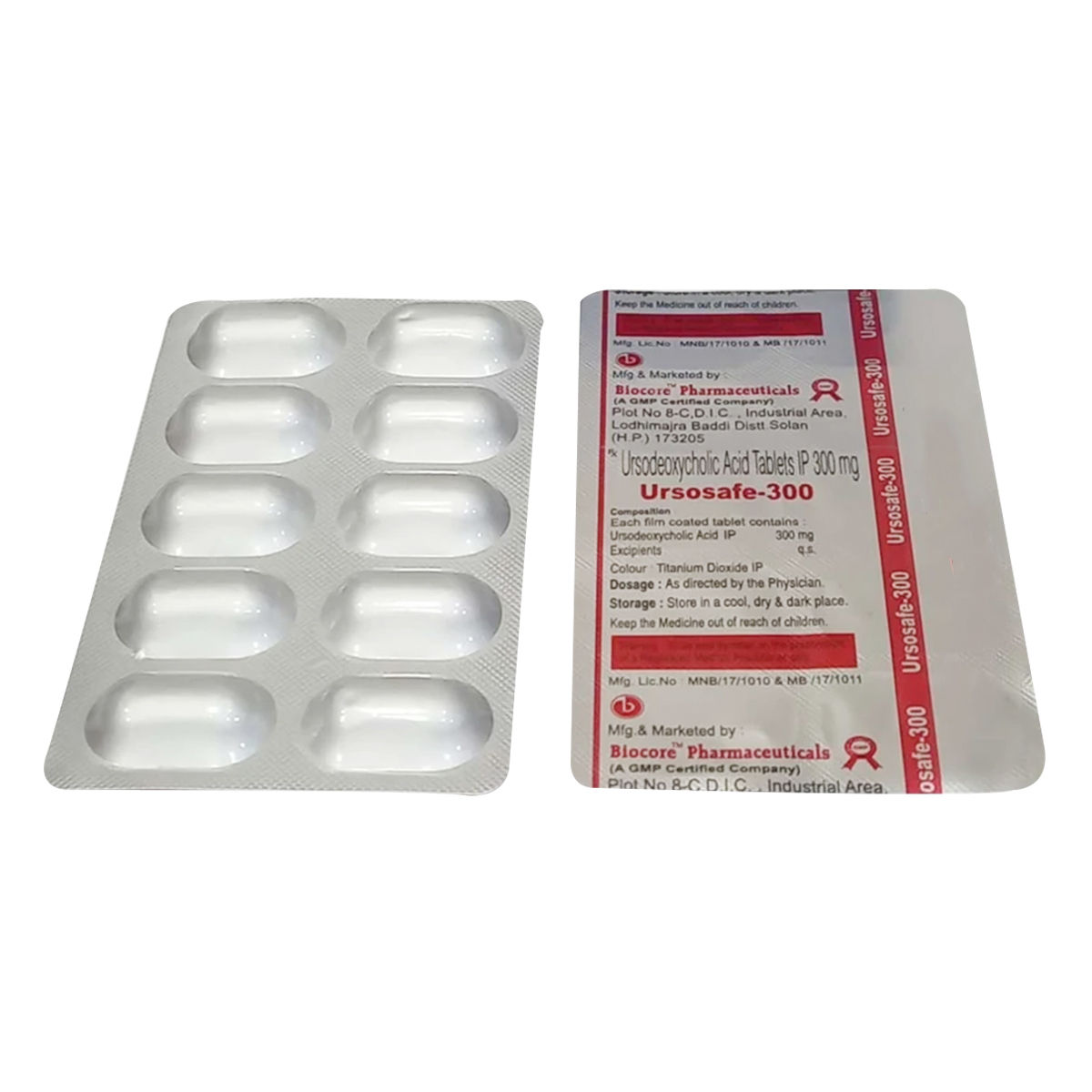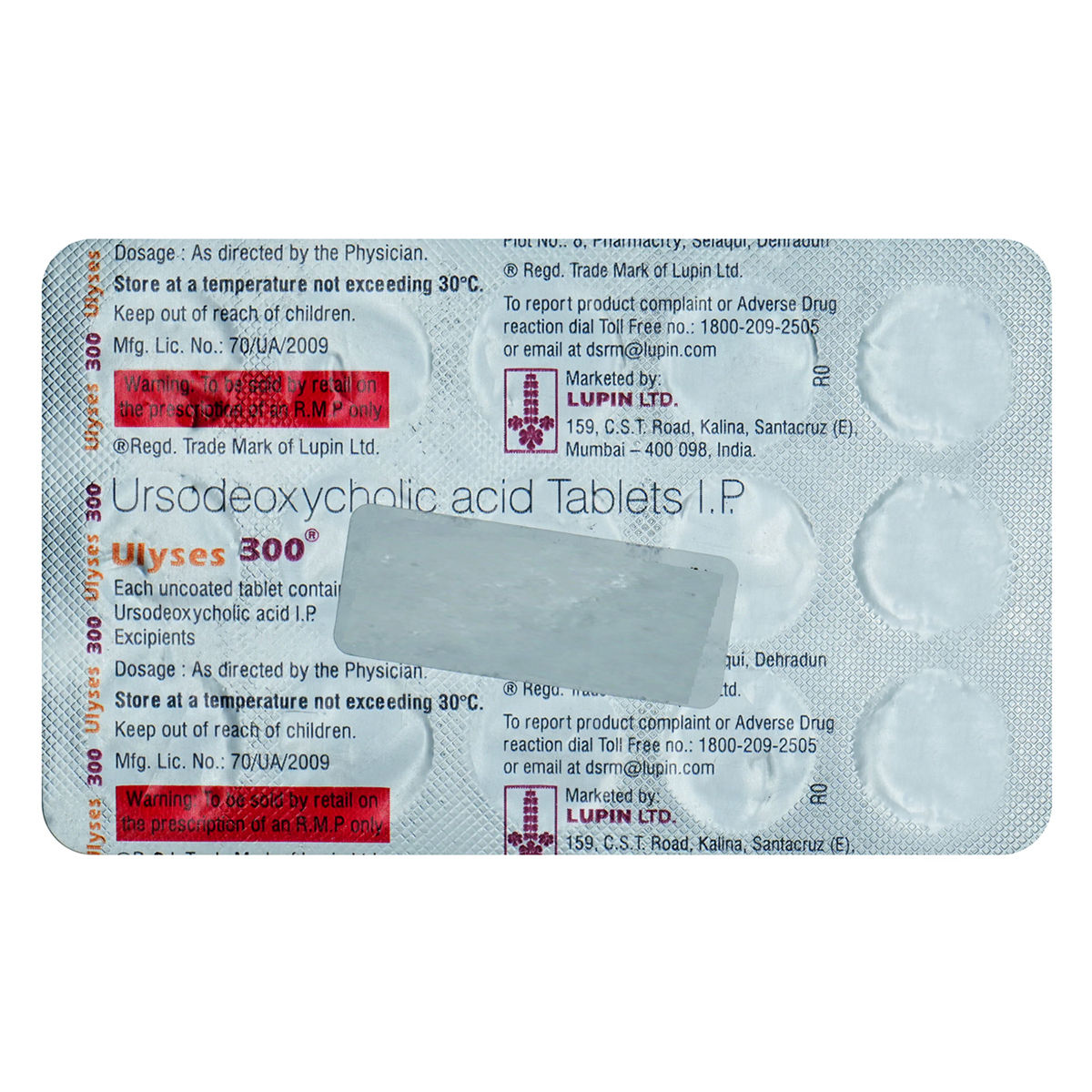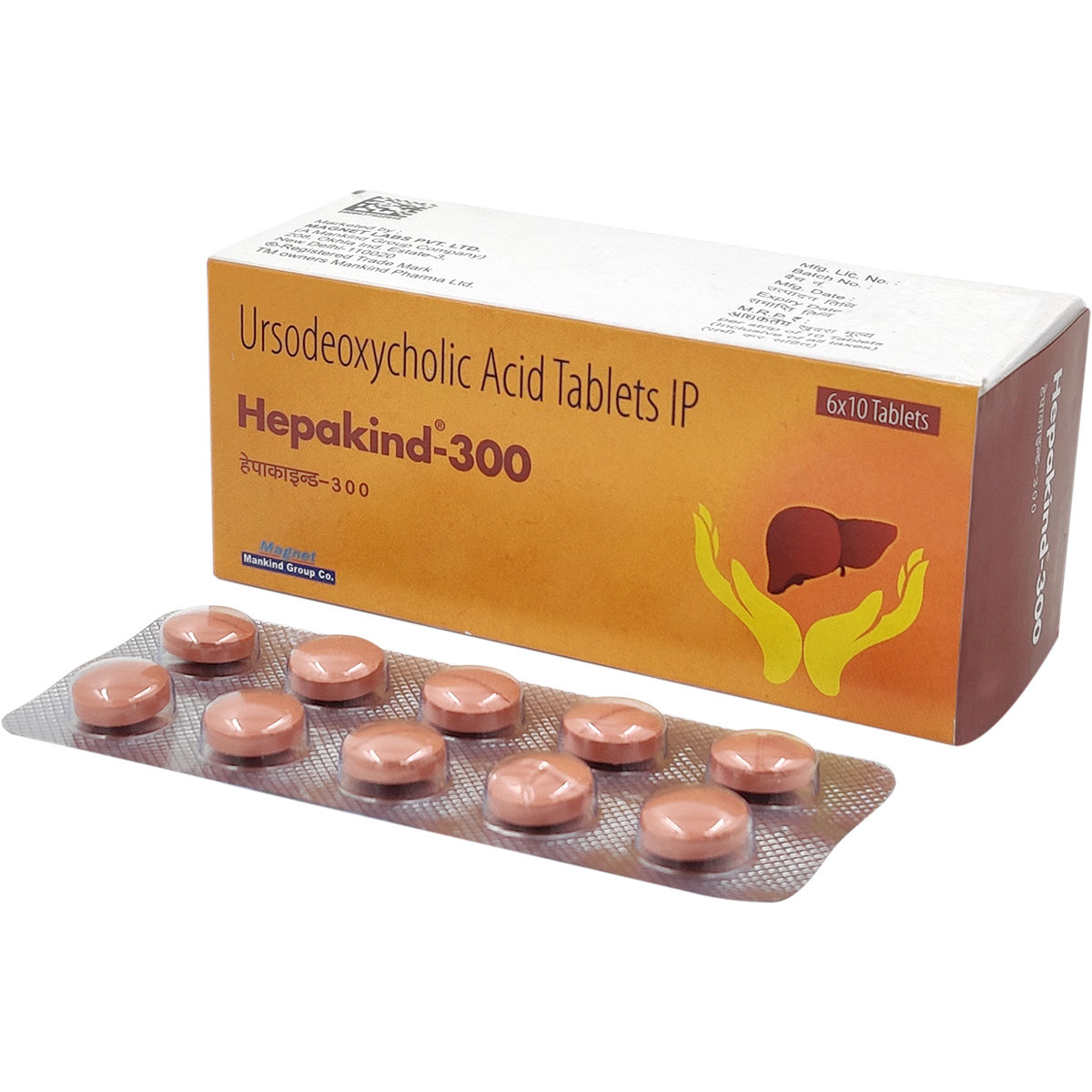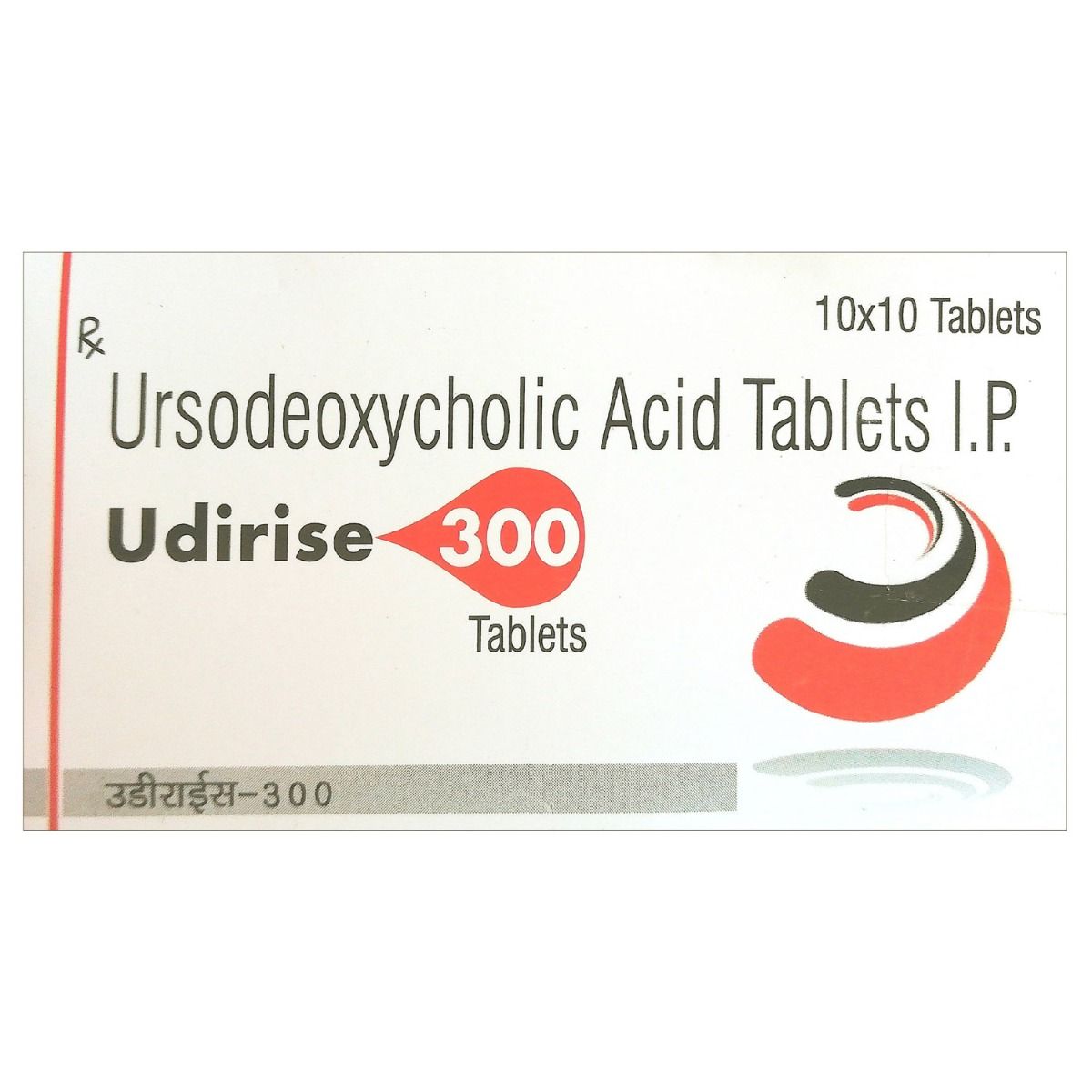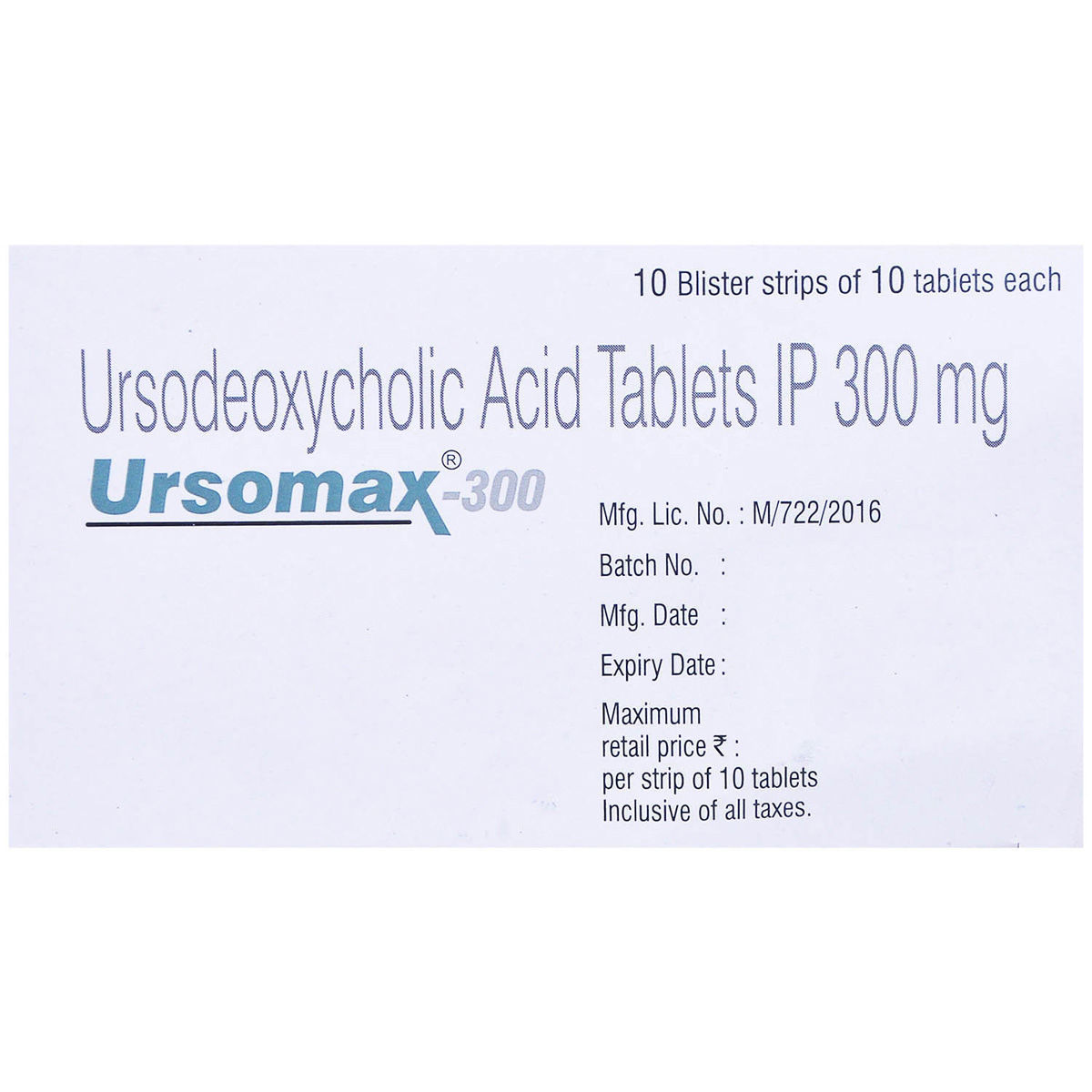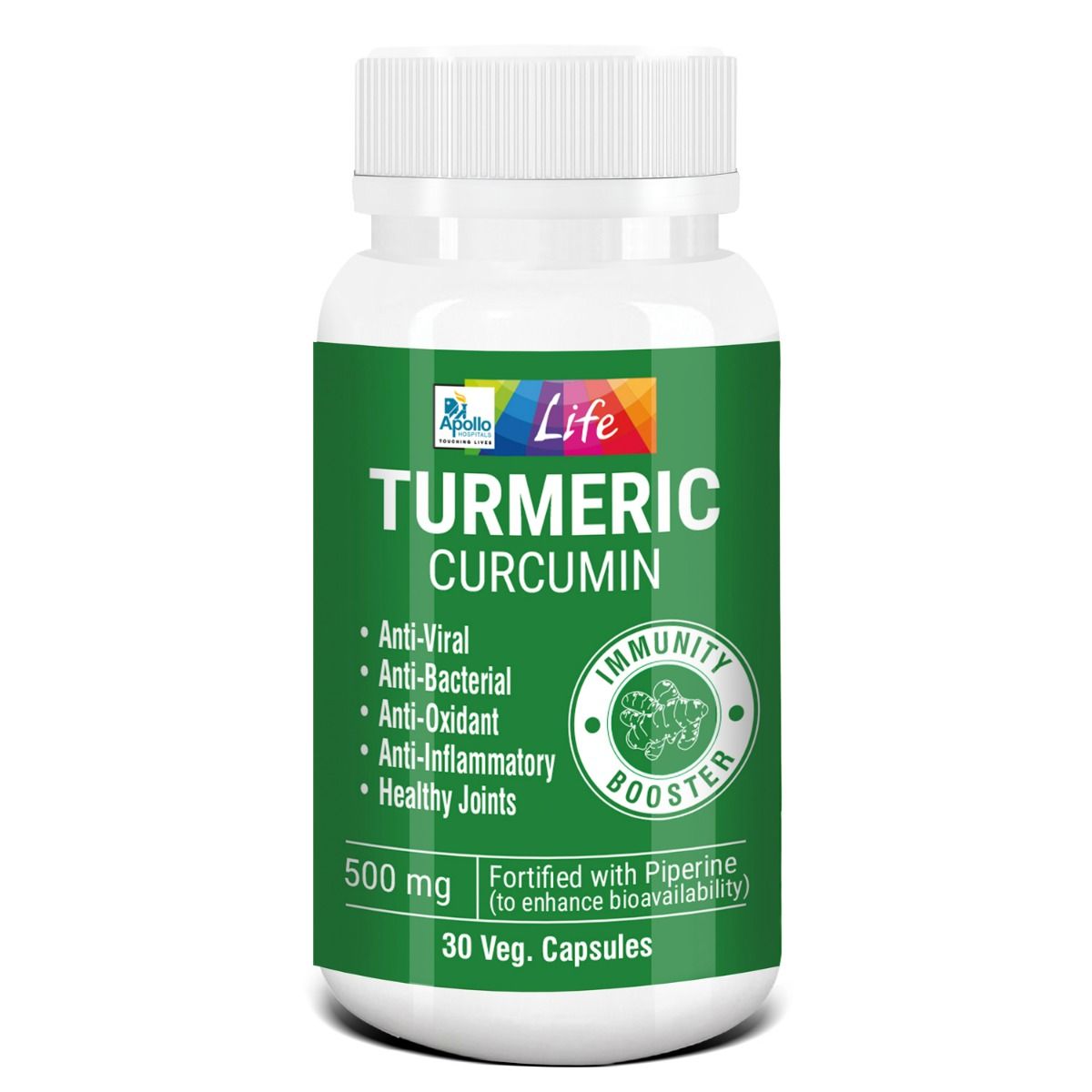Urdohep 300 Tablet 10's
Urdohep 300 Tablet is used to treat gallstones, primary biliary cholangitis (an autoimmune disease of the liver), excess cholesterol in bile and children above 6 years with biliary and liver diseases caused by cystic fibrosis. It contains Ursodeoxycholic acid, which helps decrease the production of cholesterol in the blood, thereby dissolving gall bladder stones composed mainly of cholesterol. It has a protective effect on the liver cells. Thus, it protects from injury caused by toxic bile acids and improves liver function. In some cases, you may experience certain common side effects such as abdominal discomfort, abdominal pain, diarrhoea, nausea, rash, dizziness, indigestion and weakness. Before taking this medicine, you should tell your doctor if you are allergic to any of its components or if you are pregnant/breastfeeding, and about all the medications you are taking and pre-existing medical conditions.
₹293.4*
MRP ₹326
10% off
₹277.1*
MRP ₹326
15% CB
₹48.9 cashback(15%)
Free Delivery
With Circle membership
(Inclusive of all Taxes)
This offer price is valid on orders above ₹800. Apply coupon PHARMA10/PHARMA18 (excluding restricted items)
Know Your Delivery Time
Provide Delivery Location





Selected Pack Size:10
10 ₹293.4
(₹29.34 per unit)
Out of stock
15 ₹531.9
(₹35.46 per unit)
In Stock
Whats That

Secure Payment

India's Most Trusted Pharmacy

Genuine Products
Composition :
Manufacturer/Marketer :
Consume Type :
Return Policy :
Expires on or after :
About Urdohep 300 Tablet
Urdohep 300 Tablet belongs to a group of medicines called biliary agents or gallstone dissolution agents. These agents are used to treat gallstones, primary biliary cholangitis (an autoimmune disease of the liver), excess cholesterol in the bile, and children above 6 years old with biliary and liver diseases caused by cystic fibrosis.
Urdohep 300 Tablet contains ursodeoxycholic acid, which is a naturally occurring bile acid. Urdohep 300 Tablet helps decrease the production of cholesterol in the blood, thereby dissolving gallbladder stones composed mainly of cholesterol. Urdohep 300 Tablet has a protective effect on the liver cells from injury caused by toxic bile acids and improves liver function.
Take Urdohep 300 Tablet with food. You are advised to take Urdohep 300 Tablet as long as your doctor has prescribed it for you, depending on your medical condition. In some cases, you may experience certain common side effects such as abdominal discomfort, abdominal pain, diarrhoea, nausea, rash, dizziness, indigestion and weakness. Most of these side effects do not require medical attention and will resolve gradually over time. However, you are advised to talk to your doctor if you experience these side effects persistently.
Inform your doctor before taking Urdohep 300 Tablet if you have variceal bleeding (high blood pressure in portal veins), ascites (excess abdominal fluid), liver encephalopathy or liver disease. Do not take Urdohep 300 Tablet if you are pregnant or breastfeeding unless prescribed. Urdohep 300 Tablet can be given to children above 6 years if prescribed by the doctor. Avoid consuming alcohol along with Urdohep 300 Tablet as it could lead to increased drowsiness and liver damage. Keep your doctor informed about your health condition and medicines to rule out any side effects.
Uses of Urdohep 300 Tablet
Directions for Use
Medicinal Benefits
Urdohep 300 Tablet contains ursodeoxycholic acid, which is a naturally occurring bile acid. It belongs to a group of medicines called the biliary agent or gallstone dissolution agents used to treat gallstones, primary biliary cholangitis (an autoimmune disease of the liver), excess cholesterol in bile children above 6 years with biliary and liver diseases caused by cystic fibrosis. Urdohep 300 Tablet breaks down the cholesterol that has formed into gall bladder stones, thereby dissolving the stones. Urdohep 300 Tablet has a protective effect on the liver cells and the immune system, thereby improving liver function. Urdohep 300 Tablet decreases the amount of cholesterol produced by the liver and absorbed by the intestine. In patients with primary biliary cirrhosis, Urdohep 300 Tablet increases the bile flow.
How Urdohep 300 Tablet Works
Storage
Side Effects of Urdohep 300 Tablet
- Abdominal discomfort
- Abdominal pain
- Diarrhoea
- Nausea
- Fever
- Cough
- Rash
- Dizziness
- Indigestion
- Black or tarry stools
- Frequent and painful urination
- Weakness
What if I have taken an overdose of Urdohep 300 Tablet
Drug Warnings
Do not take Urdohep 300 Tablet if you are allergic to any of its contents, if you have inflammation of gall bladder and bile ducts, narrowing or blockage of bile ducts, biliary colic, calcified gallstones, improper constriction of the gallbladder, gastric or duodenal ulcer. Inform your doctor before taking Urdohep 300 Tablet if you have variceal bleeding (high blood pressure in portal veins), ascites (excess abdominal fluid), liver encephalopathy or liver disease. Consult your doctor before taking Urdohep 300 Tablet with other medicines as Urdohep 300 Tablet might reduce the absorption of antibiotics (ciprofloxacin and dapsone) and antihypertensive agents (nitrendipine), increase the effect of immunosuppressants (cyclosporine), oral contraceptives (oestrogen) and cholesterol-lowering agents (clofibrate) might promote the formation of gallstones. Do not take Urdohep 300 Tablet if you are pregnant or breastfeeding unless prescribed. Urdohep 300 Tablet can be given to children above 6 years if prescribed by the doctor. Avoid consuming alcohol along with Urdohep 300 Tablet as it could lead to increased drowsiness and liver damage. Keep your doctor informed about your health condition and medicines to rule out any unpleasant side effects.
Drug-Drug Interactions
Drug-Food Interactions
Diet & Lifestyle Advise
- Include foods such as bell peppers, citrus fruits, leafy vegetables, tomatoes, milk, fish, low-fat dairy, beans, nuts, lentils, tofu and tempeh in your diet.
- Eat a healthy, well-balanced diet, which includes fruits and vegetables.
- Foods rich in vitamins B and C and calcium are good for the gallbladder.
- Plant-based protein foods such as beans, nuts, lentils, tofu and tempeh help prevent gallbladder disease.
- Avoid high-fat, trans-fat and processed foods.
- White bread, white pasta and sugars should be avoided.
- Avoid tobacco and alcohol consumption.
Habit Forming
Therapeutic Class
Urdohep 300 Tablet Substitute

Ursocol 300 Tablet 15's
by AYUR
₹37.92per tabletUdiliv 300 Tablet 15's
₹55.41per tabletUrsosafe-300 Tablet 10's
₹54.00per tabletSedogest-300 Tablet 10's
by AYUR
₹38.34per tabletUlyses 300 mg Tablet 15's
₹45.54per tablet
Product Substitutes
Alcohol
Unsafe
Avoid consumption of alcohol while taking Urdohep 300 Tablet as it may cause increased dizziness and liver damage.
Pregnancy
Caution
Urdohep 300 Tablet belongs to pregnancy category B. Please consult your doctor if you have any concerns regarding this. Your doctor will prescribe only if the benefits outweigh the risks.
Breast Feeding
Caution
Consult your doctor before taking Urdohep 300 Tablet ; your doctor will decide whether breastfeeding mothers can take Urdohep 300 Tablet or not.
Driving
Caution
Urdohep 300 Tablet does not affect your ability to drive. However, you are advised to be cautious while driving if you experience dizziness.
Liver
Caution
Dose adjustment may be needed in patients with liver impairment. Please consult your doctor if you have a liver impairment or any concerns regarding this.
Kidney
Caution
Dose adjustment may be needed in patients with kidney impairment. Please consult your doctor if you have kidney impairment or any concerns regarding this.
Children
Caution
Urdohep 300 Tablet can be given to children with caution above 6 years and only if prescribed by the doctor.
FAQs
Country of origin
Manufacturer/Marketer address
Customers Also Bought
Disclaimer
Author Details
We provide you with authentic, trustworthy and relevant information






